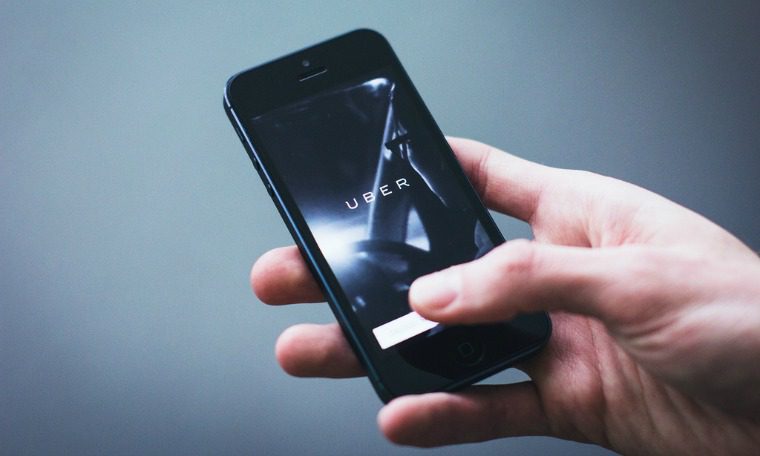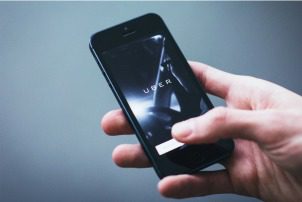
 For over a decade I have argued that we should look at investments in learning the same we look at investments in assets on the balance sheet. Savvy leaders know we don’t have much choice.
For over a decade I have argued that we should look at investments in learning the same we look at investments in assets on the balance sheet. Savvy leaders know we don’t have much choice.
Much is changing. The world is seeing a drop in all investment, not just human capital investment. It’s worth a learning leader’s time to look at a competing model for corporate learning. Note, this is not an investment model, but what I call an Uber model for learning.For over a decade I have argued that we should look at investments in learning the same we look at investments in assets on the balance sheet. Savvy leaders know we don’t have much choice.
The Uber economy has taken on the immense power of technology and apps to do important things previously done by humans. Uber facilitates the movement of a person from here to there, transportation in other words. To keep some perspective, this transportation task is but one of billions of tasks humans engage in every day. But as narrow as this is, there are important lessons to be learned.
The Uber app resides on our smartphones, tools we visit dozens of times each day. Our smartphones provide at-a-glance stock quotes, they let us check our text messages, learn what our friends are doing on Facebook, “talk” with Siri, Google for the answer to a question and yes, even occasionally make a telephone call. Uber essentially lives where we go every day. Learning must do the same, go where the learner is, and that includes offering learning choices on the smartphone.
But let’s scale back from course options for a moment. When you open the Uber app the technology takes over tasks formerly done by a human. It identifies where you are through GPS mapping. It tells the driver where you want to go. It introduces the driver and what vehicle they’re driving. It even shows where your driver is as soon as they accept the job. At the end of the ride the app takes over the financials. The driver takes no money. The passenger merely exits the car. The experience is incredibly simple.
This represents a massive shift in who does what in transportation. But what is central to the learning conversation here is not the Uber technology, as impressive as it is, but the Uber driver. The driver’s motivation and behavior is a focal point for an interesting corporate learning conversation. Let me explain.
Typically, the Uber drivers I’ve met are articulate, thoughtful and more than willing to share their answer to the question: “What is the most important thing to you about this job?” Overwhelmingly the answer is that it gives the driver the flexibility to do whatever they need precisely when they need to do it. One driver shared that he has a 14-year-old daughter with a complicated schedule. He wants to be there for her when she needs him. Whenever that need occurs dad turns off the Uber app off without any negative consequences to himself or his daughter. When he’s ready to work again he simply turns the app back on. It’s convenient, it’s easy, and it makes good sense for all stakeholders involved.
The Uber economy for learning is all about enabling employees to have more choices. The shift is a departure from the historic learning strategy advocating “thou shalt:” thou shalt take this learning when instructed, in the format offered, with no exceptions. That no longer works. The Uber learning strategy highlighting learner choice works far better. It increases engagement, knowledge retention and ultimately, when learning is a choice, it encourages learning application on the job.
In an environment of choice, the learning organization’s role shifts from curriculum development and delivery to an Uber app functionality that lets the employee/learner know what skills are in demand now and in the future, and readily invests in the cost needed to acquire the valued skills. This builds a culture of resource support designed for employee choice that motivates the employee/learner to acquire the skills that best fit both them and the enterprise. The return is increased motivation, high priority skills development and more targeted human capital investment — all of which is a benefit for the enterprise.
Michael E. Echols is principal and founder of Human Capital LLC and author of “Your Future is Calling.” To comment, email editor@CLOmedia.com.




